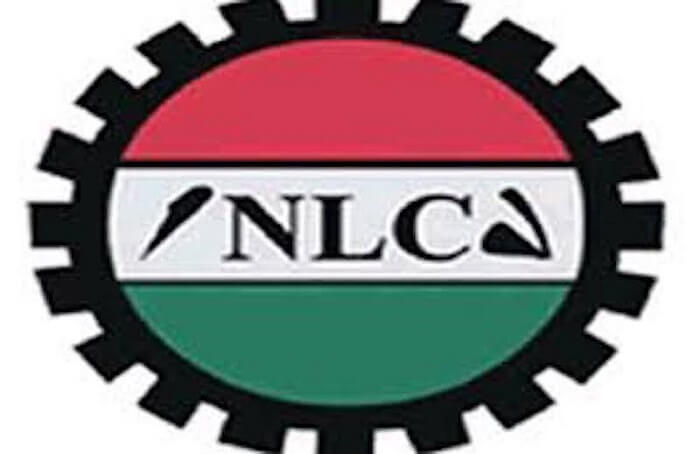The Nigeria Labour Congress has directed workers in all the states where the national minimum wage of N30,000 is yet to be paid to immediately proceed on industrial action.
The Minimum Wage Enactment Act, 2019 which was signed into law by the President Muhammadu Buhari’s administration made it mandatory for employers of labour in both public and private organisations to pay N30,000 as minimum wage.
Advertisement
However some state governments have refused to pay the new national minimum wage.
NLC in the communiqué jointly signed by its President, Ayuba Wabba and General Secretary, Emma Ugboaja, warned that it would take drastic action against state governments that have refused to pay the new national minimum wage and minimum pension, whose benefits have been eroded by the escalating inflation in the country.
“The NEC also resolved to view the refusal to pay the new national minimum wage by state governments as demanded by the law as an act of criminality, betrayal of the oath of office sworn by state chief executives and a dangerous adventure in anarchy.
“The NEC-in-Session directed all states where the national minimum wage of N30,000 is yet to be paid to immediately proceed on industrial action.”
Advertisement
The Congress also urged the federal government to ensure reduction in the cost of gas sold to electricity generating companies to $1.5 cents as a means of driving down electricity tariffs, stressing on the need to address the conditions within its control that are driving up electricity tariff.
It demanded a review of the power sector privatisation programme, since the law provides for one every two years.
“The NEC also calls for the reduction of the cost of gas to $1.5 cents and also the scrapping of the use of US and Nigeria inflation rates to determine the cost of gas to Gencos,” it stated.
The Congress also issued a 14-day ultimatum to the management of Turkish Airline and Caverton Helicopter to reinstate all sacked trade union executives and desist from further anti-union actions.
It also rejected deregulation of the downstream sector of the oil industry, stating that it is import driven would have negative impact on the welfare of Nigerians.
Advertisement
It noted that rehabilitation of the local refineries remains the sustainable solution to incessant increases in the pump price of petrol.



